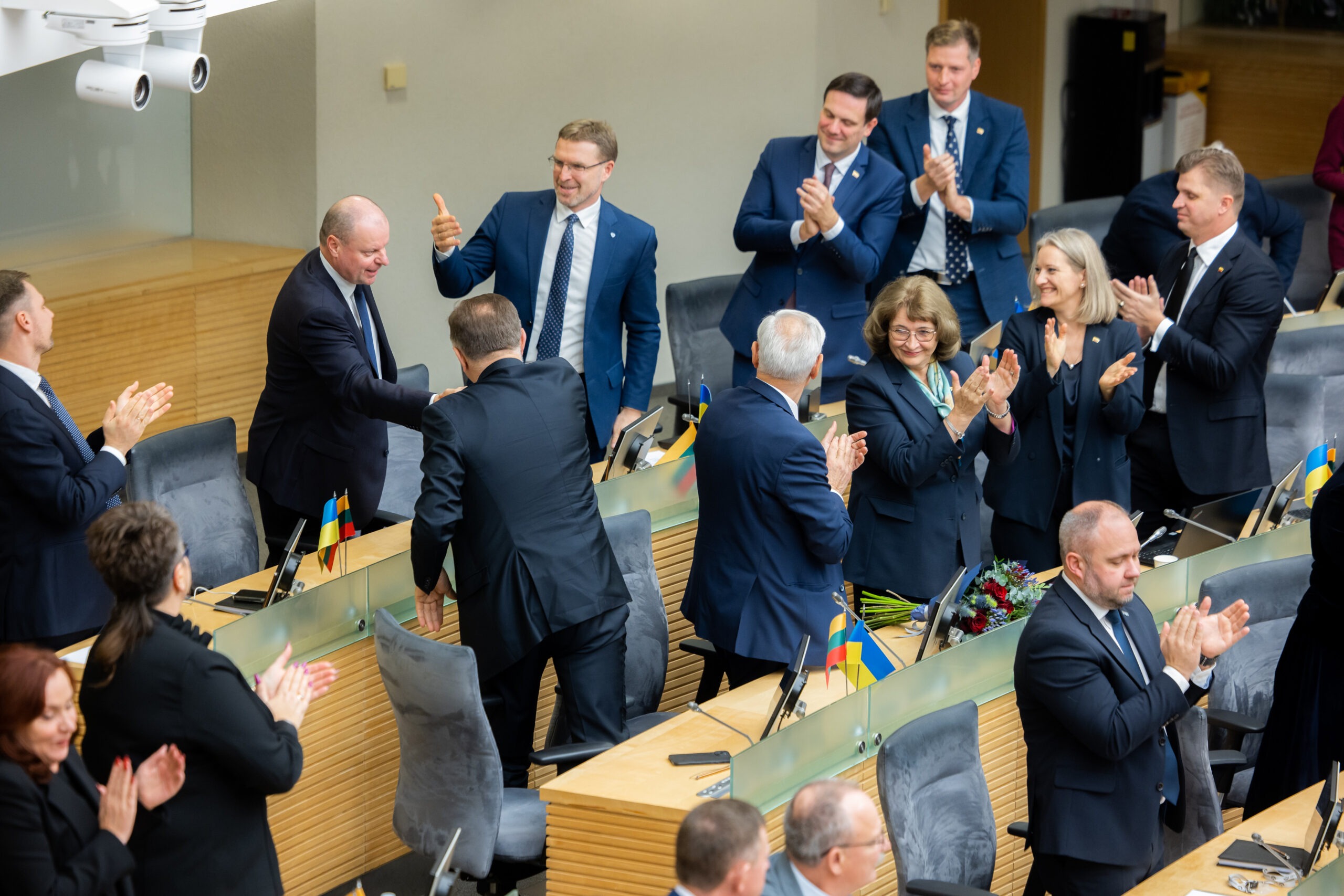
Main narratives:
- General anti-government sentiments;
- Questioning democratic processes in the country;
- Discrediting Ukraine and its effort to win the war.
Overview:
During the past week, the protest titled “10 Minutes of Silence” highlighted significant discontent with the inclusion of the “Nemuno Aušra” (“Nemunas Dawn”) party in Lithuania’s governing coalition. The demonstration, which took place outside the Lithuanian parliament on November 14, gathered approximately 5,000 participants opposing this decision. The protest was fueled by the ongoing trial of Remigijus Žemaitaitis, leader of “Nemuno Aušra”, over allegations of antisemitic remarks. Critics, including President Gitanas Nausėda, have denounced the coalition as harmful to the country. Additionally, various NGOs and international officials have raised concerns about the coalition’s potential impact on democratic values and human rights in Lithuania.
Kremlin-aligned Lithuanian media offered a contrasting portrayal of the protests compared to mainstream outlets. These platforms framed the events as evidence of governmental incompetence and a broader political and moral decline, presenting Lithuania as a nation grappling with systemic instability. This narrative underscored broad dissatisfaction with Lithuania’s pro-Western orientation and suggested the coalition reflected deeper national crises.
Furthermore, these outlets leveraged the protests to amplify scepticism about Lithuania’s government, reiterating familiar anti-Western narratives of corruption and inefficacy. Disinformation networks in Lithuania continue to exploit such events, easily linking them to broader anti-Western and nationalist themes. By spreading conspiracy theories and undermining democratic institutions, these campaigns aim to foster division within Lithuanian society while diminishing support for Ukraine.









